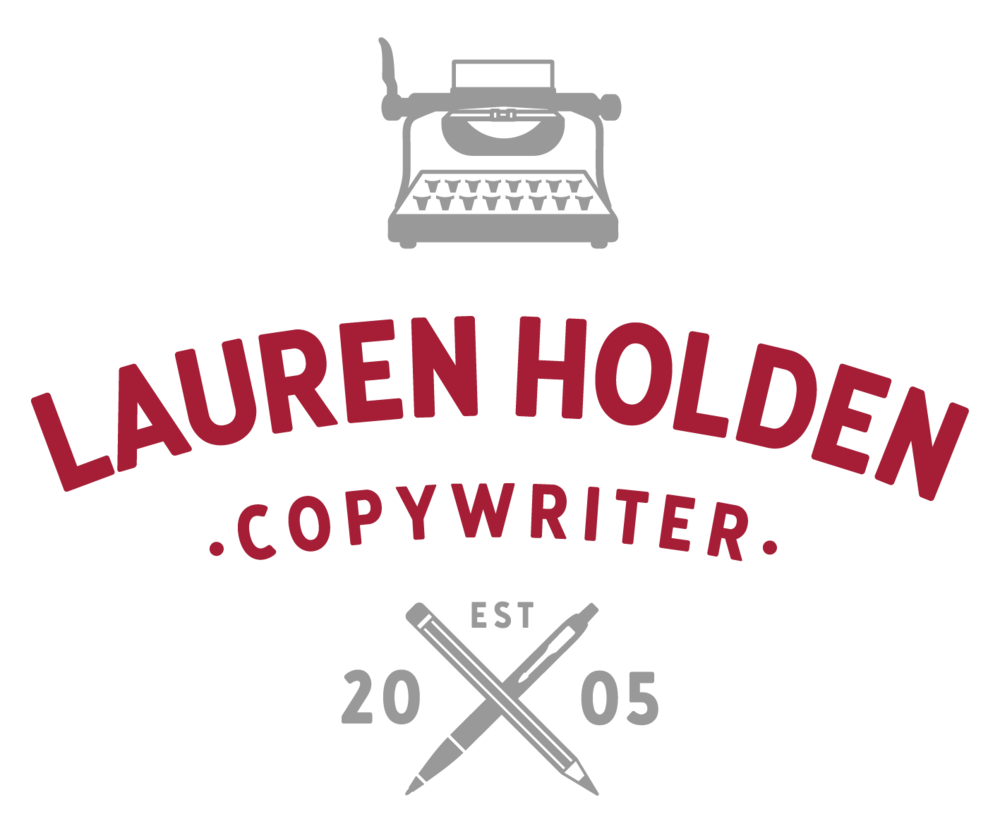Sometimes, when I’m talking to new - or even regular clients - I find myself unintentionally teaching them how to suck eggs. Of course, some of my clients are well-versed in all things SEO, yet there I am telling them the ins and outs like they know very little.
On other occasions, though, I’m bleating on about SEO like everyone knows what it is. It’s a very fine line - and it’s one I don’t always know how to tread. So, when I remember (my passion for the subject means I get carried away sometimes) I allow my clients to do the talking; I ask them how much they know about ranking well online, and I tell them what I know (if they need, or want, to know it).
So, what is SEO then? Or am I teaching you how to suck eggs too?
SEO - or Search Engine Optimisation, to give it its full title - is the process by which online businesses ensure their website is found by people who are looking for it (or the services and/or products it offers).
Let’s say you own an online bookstore. How on earth do you compete against all the other web-based bookstores out there? Online bookselling is, no doubt, a highly saturated market.
Go on; try it…type in ‘buy books online’, ‘books online’ or ‘book store’ into Google and see what comes up. You’ll likely get the big hitters - people like Amazon, Waterstones, or maybe even a popular independent online bookstore or two.
So, can the much smaller bookseller be spotted online? That’s where SEO - the art of injecting well-chosen key words (let’s call them ‘phrases’ instead - key words is jargon unless you know what on earth I’m going on about) into your content. You see, it isn’t just about putting your website live and hoping for the best. You need to take intentional steps to ensure it is noticed. Those who don’t have an online business might be totally unaware of the work that goes on behind the scenes to ensure a site gets spotted on Google. It’s a lot, but it’s all in a day’s work for an SEO specialist and/or copywriter.
Do copywriters need to know SEO, then?
Well, while it isn’t a necessity - after all, there are SEO experts for that - it’s certainly a bonus if the copywriter in charge of sprucing up your website’s content knows a bit about how to ensure you stand out online.
Do I know about SEO? I wouldn’t claim I know lots and lots, but I know enough. I know how to expertly weave key words into your content in a natural way. I know the kind of key words to include - and I know a fair bit about how Google (and its often-complex inner workings)…er…work.
Want to know more about why copywriters need to know about SEO - and why and how a copywriter like me can help your website get found online? Get in touch with me today and we’ll go from there.
You could also book one of my ‘Copy and Catch Up’ sessions. I won’t call it a copywriting ‘Power Hour’ because, well I hate that term. But, for £120 (an introductory offer for January and February), you can ask me anything at all you like - about your website content, SEO and everything and anything in between (well, as long as it’s about copywriting!) for a whole hour. Say hello via the link above and let’s chat.
Until next time…









